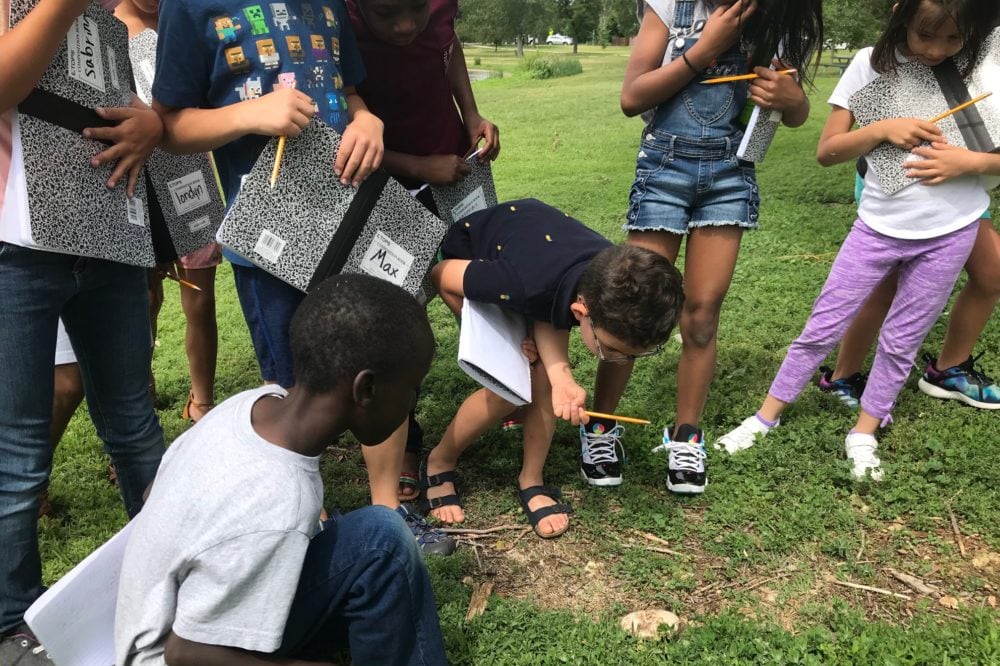Colorado’s two largest school districts are moving summer school online this year, as buildings remain closed to help stop the spread of the coronavirus.
The decisions to continue remote learning come after Gov. Jared Polis said schools can hold small group instruction and provide specialized services if local public health authorities agree. However, there’s still a lot of uncertainty about the trajectory of the coronavirus pandemic, and officials in the Denver metro area have been slower to open things up.
Denver Public Schools announced Monday that summer academic programming will be delivered remotely. That includes the district’s “summer academy” for young elementary students struggling with reading, and students learning English as a second language.
District summer camps that focus on fun and enrichment are canceled. High school credit recovery courses, sixth- and ninth-grade “academies” for students entering middle or high school, and extended year services for students with disabilities will move online, as will teacher and principal training sessions that would normally happen in person.
Community groups will be prohibited from using district buildings or fields in June and July. Denver Public Schools is the state’s largest district, serving 92,000 students.
Jeffco Public Schools, which serves 84,000 students, is also moving summer school programming online. That includes its six-week “summer of early learning” program for young students struggling with reading, the district announced in a newsletter last week.
The Jefferson County health department is limiting access to school buildings and prohibiting school sports during June and July.
Public schools cannot use their buildings to teach small groups of students, provide special education services, host educator training sessions, or provide access to internet or technology devices “unless they can ensure social distancing requirements are met” and the schools receive approval from district leaders, the health department order says.






